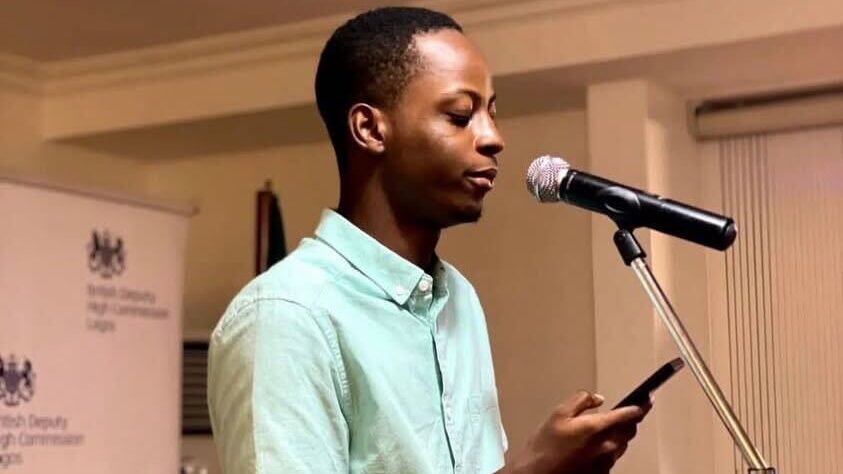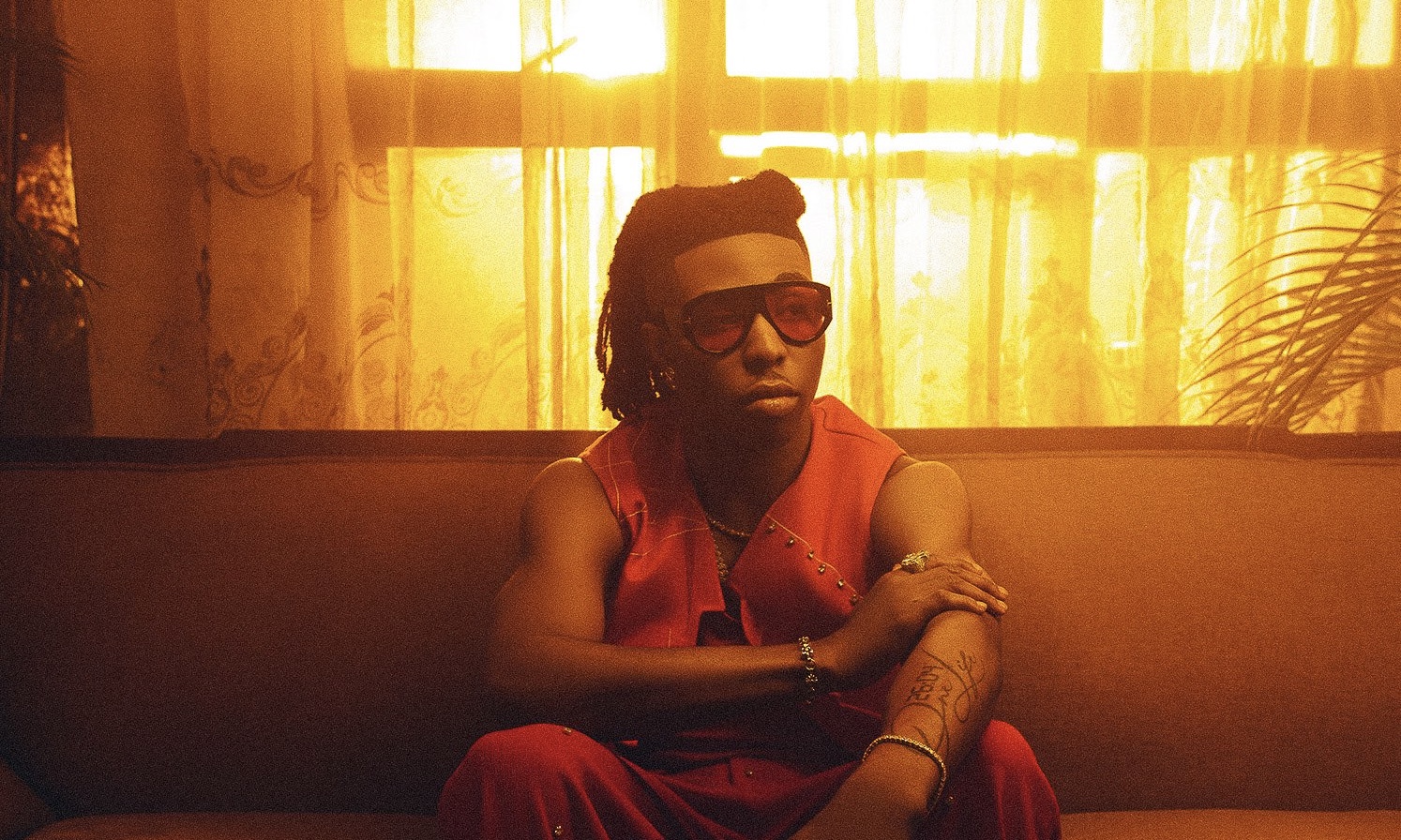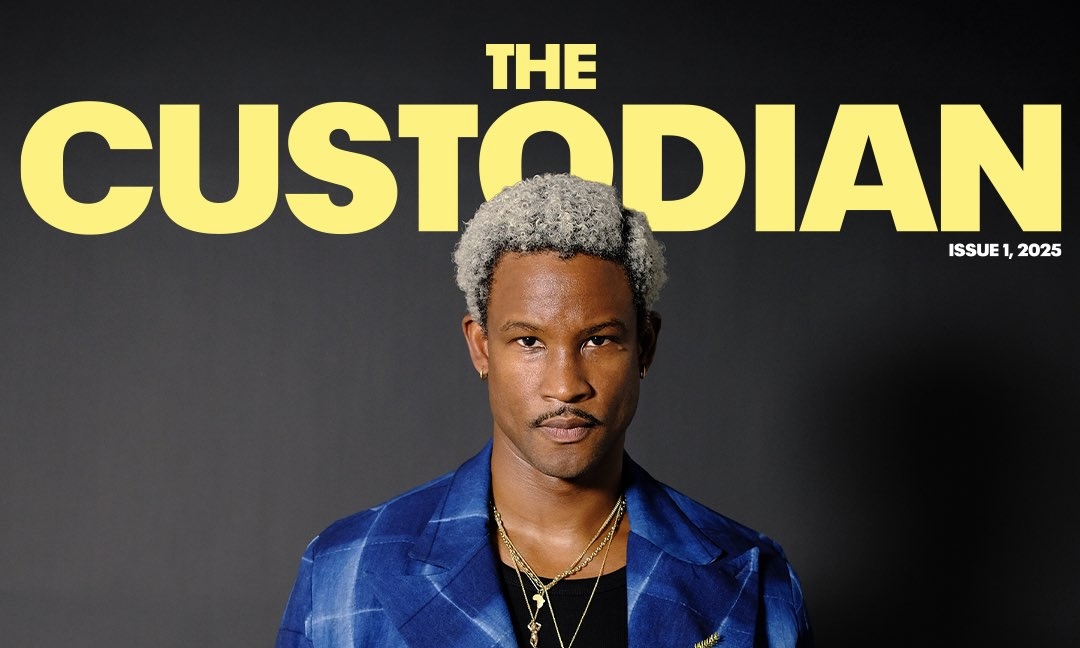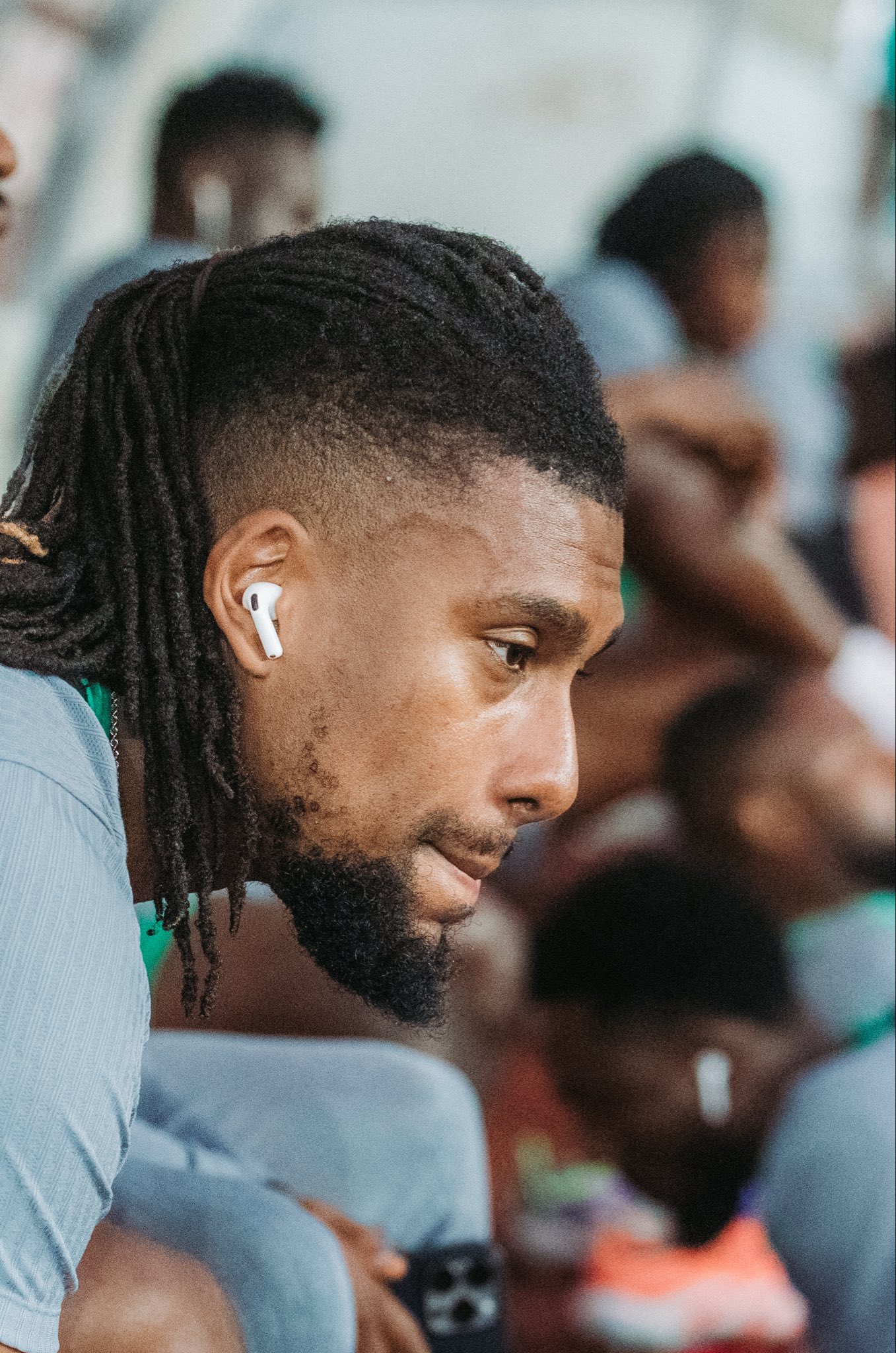The African literary scene, at large, has always been text-based. Even when it moved from physical copies to e-books, the advent of platforms like Medium, Wattpad, Substack, and many others gave aspiring writers a space on the internet to express themselves. However, the arrival of TikTok meant a pivotal shift to video-based content. Since its entrapment of the world, we have all become creators–almost every industry requires videos for their marketing.
Poetry was the first genre of literature to experiment with visual content. It did so long before TikTok’s birth, which only strengthened its grip. Poets like Huwa and Michaelok have taken advantage of this. Now, prose is slowly adopting this medium.
Jesimiel Williams is a writer whose work has appeared on Brittle Paper, Ake Review, and Tint Journal. Williams had always known he wanted to tell stories. He found pleasure between the pages of books and, in secondary school, started scribbling short stories. “Writing is the one thing that flows intuitively for me, and if it weren’t for capitalism, I couldn’t see myself doing anything else,” he tells me.
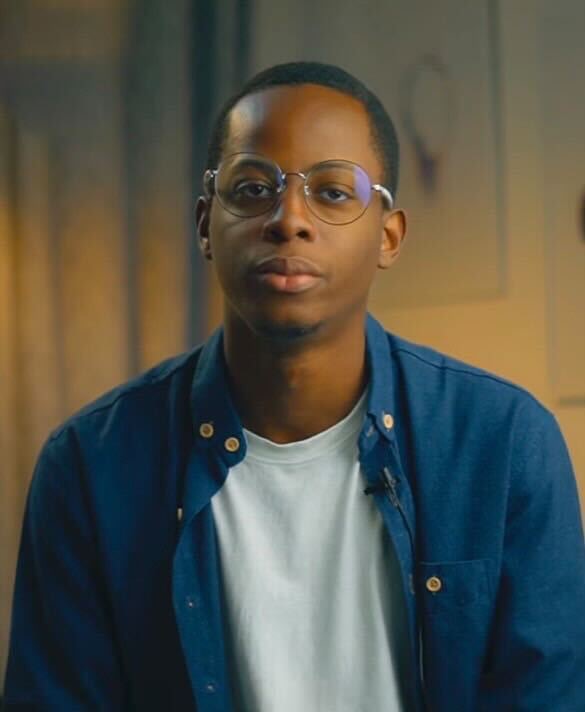
As a writer, he is heavily influenced by Ted Dekker. His words opened him to a space where unconventionality was allowed to exist and thrive. As a brimming writer, his writing often stumbled over variations of Dekker’s style till he could wield his pen in his own way with words that felt and sounded like him.
Many who know Williams may have come across his prose reading reels on Instagram. He is one of the few prose writers who chose the visual medium to present their art to the world. I sat with Jesimiel Williams to discuss this shift from text to visual, his reason for choosing the medium, and its effect on the African literary scene.
Your mode of publishing is somewhat different from the traditional means other writers have used or use. Poets have mainly used visuals. You have some pieces in magazines and other text platforms but you seem to make use of videos, which are more visually engaging. What led to this mode of publishing?
Jesimiel Williams: In terms of writing mediums, I knew I wanted to share my work with others but didn’t understand how best to do so. I started out with flash fiction at this collective called The Story Tree and soon realised that the larger stories I wanted to tell could be told in shorter forms. I later came in contact with a few poets who shared their work on social platforms with videos and carousel posts, and although it took some tweaking to find what worked, eventually something stuck, and I ran with it. I also have to say that I really enjoy creating content in this format, which helps a lot.
The way we engage with content is becoming very visual-based, and by that, I mean videos like Reels and TikToks; it’s also affecting how people are being discovered. Artists like Ayra Starr found their breakthrough by posting videos online. As someone who has chosen this medium to showcase his art, do you think this way of creating will have an effect on the literary space in terms of how writers are being discovered?
Jesimiel Williams: I think that we’re in a space where everyone is a creator of sorts, and as such, if you’re looking for visibility for the work you do, video content may be the quickest way to do that. For some writers, it may just be a way to document your work and can give you the chance to build in public so you can find others who share your passions and niche. Finding community is something that happened when I got around to sharing my content, and I think that eventually, it would become a great way to find writers soon too.
Would you say the “creator effect” is a positive one since some literary aficionados have aired their grievances on our collective phone addictions and attention span rot? It also seems to be converting artists to “content creators”.
Jesimiel Williams: I agree that the internet has definitely done its damage with regard to shortened attention spans, but I don’t think it takes away from the fact that most people live on the internet. It, however, does mean that if you’re creating anything that requires attention or even just visibility, the internet is where you’re most likely to build that.
I’ve seen people complain about how difficult it is to get around to bookstores and get physical copies, but somehow, all of that is easily solved when writers and artists can adapt the medium by which we provide a door to the worlds and stories we create. It’s sort of the way writers eventually just adapted from physical copies to e-books when the internet came along. I guess it’s just some sort of cultural evolution.
Do you think that in the future, writers who use the visual format would be discovered and receive publishing deals just like artists have?
Jesimiel Williams: Yes. I definitely think it’s something that already happens, and there’s just not as much acclaim for it just yet.
Has putting your literary content in video format benefitted you?
Jesimiel Williams: I think sharing my content online has been the most beneficial way of building an audience for me while still allowing me to just exist in other spaces of my life. I didn’t always have to be in physical spaces to speak.
I’ve made friends, gotten access to communities, and gained a ton of new opportunities to share my work with new audiences. But even more so, building in public has a way of keeping you accountable to your craft. There’s a level to which I wouldn’t have gone after being a better writer or even just sharing my work more if I wasn’t pressed by the fact that I was now building publicly. I’m tempted to say that if you’ve always wanted to write but struggled with leaving other things to pick it up, writing online will force your hand in the right direction, or at least to do it enough to keep you consistent.
Is there anyone who does this type of content with prose like you? Did they inspire you?
Jesimiel Williams: So, with prose, not so much. While I’m sure there are a ton of prose creators, I don’t think I got to interact with them before I started. But I would say I probably watched Daniella Sinder’s poetry content for a couple of months before deciding to start creating videos for prose. Noelle Hamon and Whitney Hanson are two other creators whose work I enjoy very much who create poetry with video content.
What advice will you give to someone who wants to tread this same path?
Jesimiel Williams: I would say to figure out what your goals are. If you’re looking to build visibility and find community as a writer and perhaps keep yourself accountable, just build in public. What that looks like may differ; videos aren’t the only way to stand out as a social creator, really. But I’d say to start out with a medium that allows you to create as easily as possible so that you can navigate easier on the hard days. But most of all, your goals are the important part. If your goal is really just to become a better writer, there are a lot of ways to do that until you’re ready to write for visibility.
At the end of the day, the core of it is to trust yourself and your innate ability to tell your own stories.

